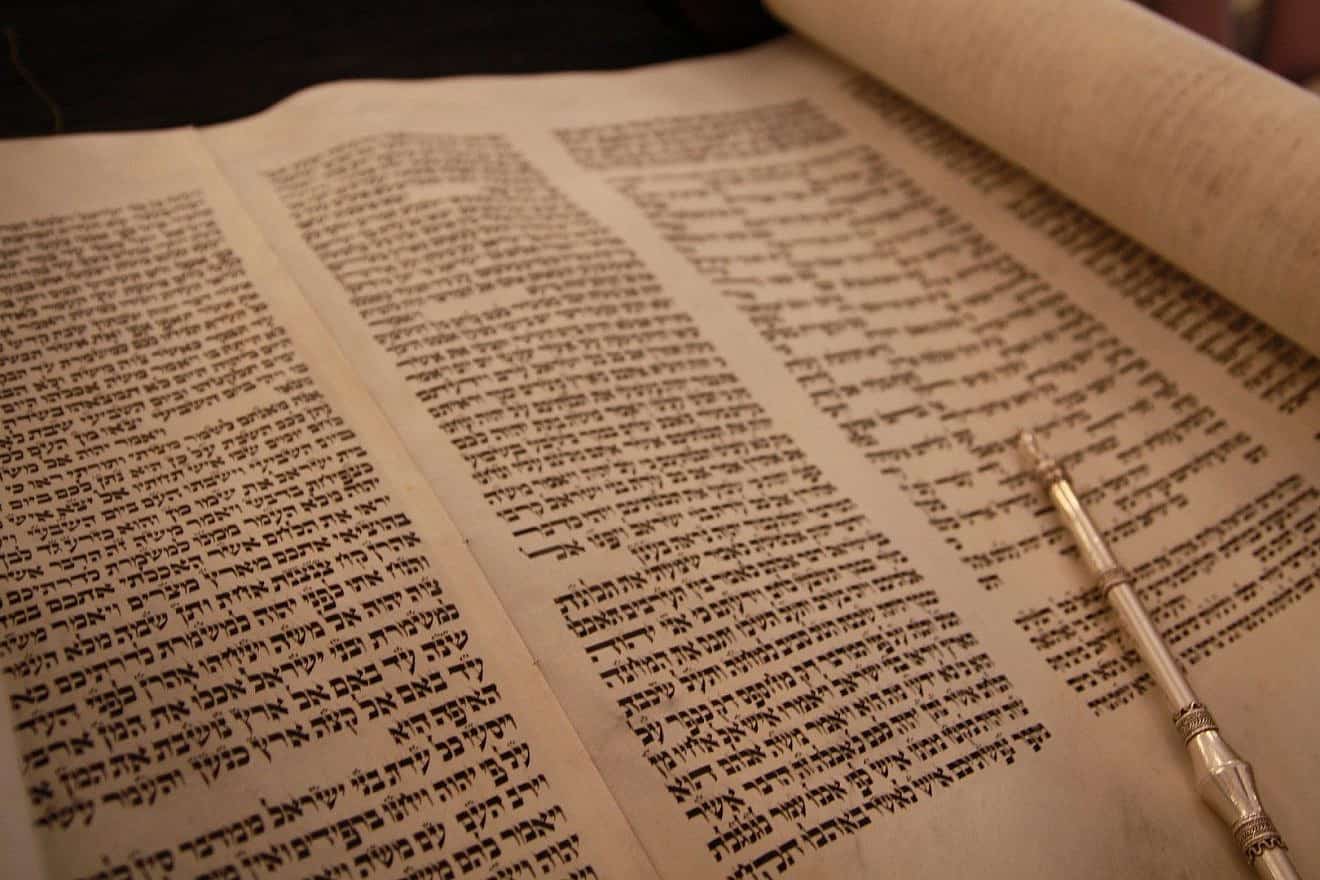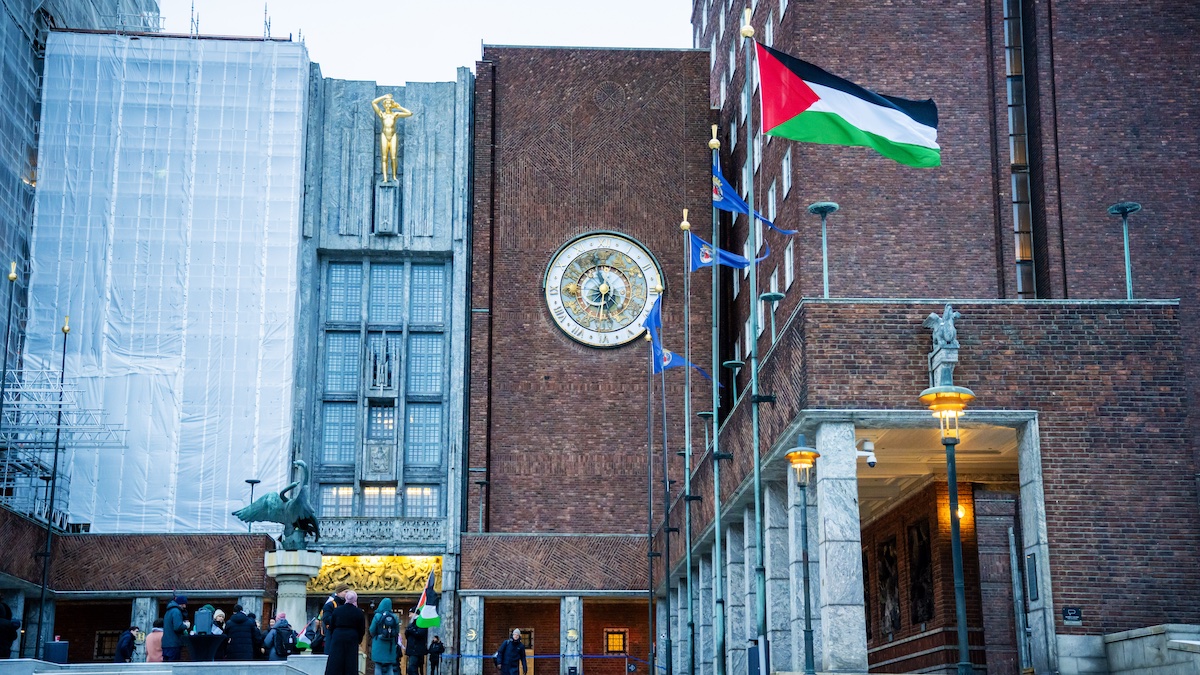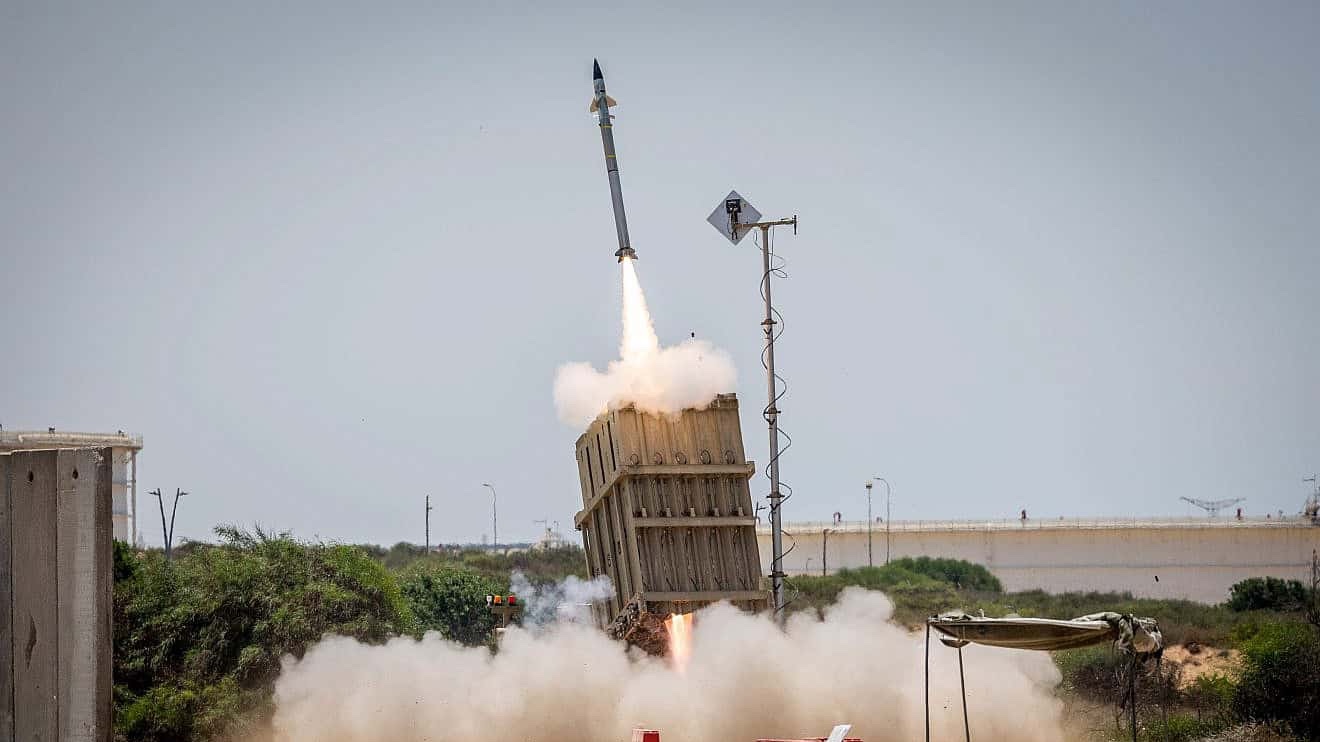Our Parasha this week, Ki Tetze (Deut. 21:10-25:19) contains no less than 41 Mitzvot (Commandments) – the most recorded in any weekly Torah portion. These Mitzvot cover a wide range of issues:
Some involve family issues like dealing with a rebellious child; rules on inheritance laws; and on forbidden, restricted, or permissible marriages, divorce and adultery.
Other Mitzvot are concerned about our interaction with fellow Israelites and non-Israelites: Like guarding a lost article until the owner retrieves it; making sure our home is safe for guests when they visit; taking special care of the most fragile members of society, such as orphans and widows; not charging interest to those who are part of the community (though normally interest would be perfectly acceptable); paying workers in a timely fashion; and several agricultural laws that serve to provide sustenance for the poor of the community.
And there are Mitzvot that relate to our relationship with God like wearing Tzitzit (tassels or fringes) for example, fulfilling the vows we make to God to perform good deeds or give charity, and maintaining honesty in what we say and what we do.
All this makes perfect sense knowing that God wants us to be well-rounded in every sphere of life, whether we’re alone, in a family, with friends, or part of a community or nation.
But this last verse in this Parasha leaves us with a question.
“Remember what Amalek did to you when you were leaving Egypt. He ambushed you on the way, striking the weakest among you when you were faint and exhausted. He did not fear God. And so, when The Lord will give you rest from your surrounding enemies in Israel, you shall wipe out their very memory; do not forget!”
How does this Mitzvah fit in with the other commandments in this portion? And why “never forget?”
Let’s go back and remember what Amalek did, as the commandment requires. Right after we left Egypt, before we had a chance to organize ourselves, Amalek came and attacked us, without any provocation or reason. We were a bunch of broken-down slaves who had been saved without a fight or raising a single weapon. So we tried to avoid trouble by walking around Amalek and be on our way. Suddenly, without explanation, rhyme or reason, Amalek rose up and brutally attacked us.
This is our first introduction to unpretentious, violent antisemitism, an unfounded hatred of Jews and Israel by nations and peoples who can’t stand us for bringing the revelation of the One True God, His Word, and the idea that our world can be fixed through love, kindness, faith and truth. This is why it is written:
“For the hand [of God] is on the throne of God, [saying] the Lord will [wage] war against Amalek from generation to generation.” (Exodus 17:15)
For some this adamant longstanding decree against Amalek is difficult, as we are commanded to be merciful and forgive even our enemies, which makes us wonder, “Why can’t we forgive Amalek for their evil deeds,” or at least forget? But the Torah makes no bones about this requirement, and keeps reminding us to remember what they did because it is upon us to obliterate this evil from the world, an evil we must fight without compromise to the bitter end.
In our Parasha, the Mitzvah to destroy Amalek is mainly incumbent upon the Jewish nation as a whole. So when Israel settles the Land and eventually appoints a king, the prophet Samuel comes up to King Saul and reminds him of the Lord’s “do not forget” from our Parasha.
“I have remembered what Amalek did to Israel, how he set [an ambush] against him on the way, as he [Israel] went up from Egypt. Now go and smite Amalek and destroy everything he has; have no mercy on him; kill both man and woman, infant and suckling, ox and sheep, camel and donkey.’” (I Samuel 15:1-3)
As we recall King Saul does not fulfill the Mitzvah properly, takes pity on Agag, King of Amalek, and the best of the sheep and cattle. As a result, God takes the kingdom away from him and gives it to David. Nevertheless, the damage was already done, and it was devastating. Because of Saul’s weakness and procrastination, many Amalekites survived, and they continued harassing Israel throughout history, like Haman the Aggagite, who attempted to wipe out the entire Jewish people as recorded in the Scroll of Esther, and right up until our own modern Jewish history.
It is here that we find a connection to the rest of this Parasha.
It seems that we shall always have enemies, even “when we have peace with our neighbors” there is war, and we must always be willing to fight. But if we follow the Mitzvot commanded in the beginning of our Parasha and live in a way that is pleasing to God, helping others, building strong united families and communities, then we will surely be empowered to overcome all the “Amaleks” of history and of today until our Redemption is complete.
May you be strong and courageous and do not be afraid, do not be discouraged, for the LORD your God is with you wherever you go.
Shabbat Shalom














